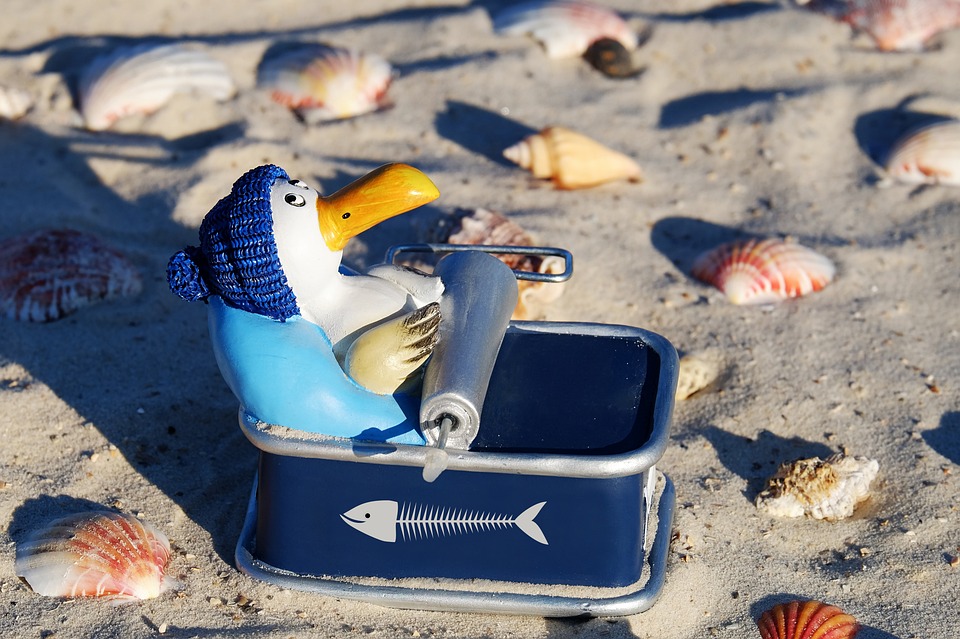Fish tank noise and disturbances can disrupt the tranquility of your fish and affect their overall well-being. In this comprehensive guide, we will explore effective strategies to manage fish tank noise and disturbances, helping you create a serene environment for your aquatic friends.
Fish tanks provide a beautiful and captivating addition to any living space, offering a calming and soothing environment for both humans and aquatic pets. However, it’s not uncommon for fish tank owners to encounter noise and disturbances.
Understanding the Impact of Noise and Disturbances on Fish
Fish are highly sensitive creatures, and their well-being can be easily affected by excessive noise and disturbances. Loud noises and vibrations can lead to stress, anxiety, and physical harm for fish. Prolonged exposure to disruptive environments can weaken their immune system, affect their appetite, and hinder their overall growth.
Identifying Common Sources of Fish Tank Noise
To effectively manage fish tank noise, it’s crucial to identify the sources that may be causing disturbances. Common culprits include:
1. Air pumps and filters: These essential components of a fish tank can produce vibrations and noise if not properly maintained or if they are of poor quality.
2. Water circulation devices: Powerheads and water pumps can generate noise, especially if they are not adequately installed or if they are malfunctioning.
3. Loose tank accessories: Decorative items, such as rocks, shells, or plants, can create noise if they shift or collide with each other due to water movement.
4. External sources: Noise from nearby appliances, construction work, or even household activities can infiltrate the fish tank environment and disturb the fish.
Strategies to Minimize Noise and Disturbances
Now that we have identified potential sources of noise and disturbances, let’s explore effective strategies to manage them and create a peaceful fish tank environment.
1. Proper Tank Placement: Choose a location away from high-traffic areas, loud appliances, and direct sunlight. Placing the tank on a sturdy, level surface can also minimize vibration transfers.
2. Selecting Noise-Reducing Equipment: Invest in high-quality air pumps, filters, and water circulation devices that are designed to minimize noise. Look for products with noise-reduction features or consider purchasing submersible equipment for even quieter operation.
3. Using Soundproofing Materials: Applying soundproofing materials, such as foam or rubber pads, between the tank and any surfaces it rests on can help absorb vibrations and reduce noise transmission.
4. Routine Maintenance and Cleaning: Regularly clean and maintain your filtration system to keep it in optimal condition. Replace worn-out parts and ensure proper lubrication to reduce noise caused by malfunctioning equipment.
5. Regulating Ambient Light: Excessive lighting can cause stress to fish and lead to algae growth, which may require additional equipment that generates noise. Maintain a consistent light cycle and use appropriate lighting levels to create a balanced environment.
6. Avoiding Vibration Transfers: Secure loose tank accessories to prevent them from moving and creating noise. Additionally, consider placing a soft mat or foam beneath the tank to absorb vibrations and prevent them from traveling through the floor or furniture.
FAQs – Frequently Asked Questions
1. Can fish become stressed by noise?
Yes, fish can become stressed by excessive noise. They are highly sensitive to their environment, and prolonged exposure to noise can negatively impact their well-being.
2. How can I tell if my fish are bothered by noise?
Signs of fish stress caused by noise can include increased aggression, reduced appetite, erratic swimming patterns, or hiding behavior. Observe your fish closely and look for any changes in their normal behavior.
3. Are there any specific fish breeds that are more sensitive to noise?
While fish in general are sensitive to noise, some species, such as bettas or tetras, may be more prone to stress caused by disturbances. However, individual fish within a species may also vary in their sensitivity levels.
4. Can noise affect fish breeding and reproduction?
Yes, noise and disturbances can disrupt the breeding and reproduction process of fish. Stress caused by noise can interfere with their natural behaviors, resulting in reduced breeding success or even abandonment of eggs.
5. Are there any fish tank accessories that can help minimize noise?
Certain accessories, such as sponge filters or diffusers, are designed to reduce noise generated by air pumps and filters. Choosing these noise-minimizing accessories can significantly contribute to a quieter fish tank environment.
By implementing these strategies and understanding the impact of noise on fish, you can create a peaceful and serene environment for your aquatic companions. Remember, a stress-free tank not only benefits the well-being of your fish but also enhances your own enjoyment of this captivating hobby.









